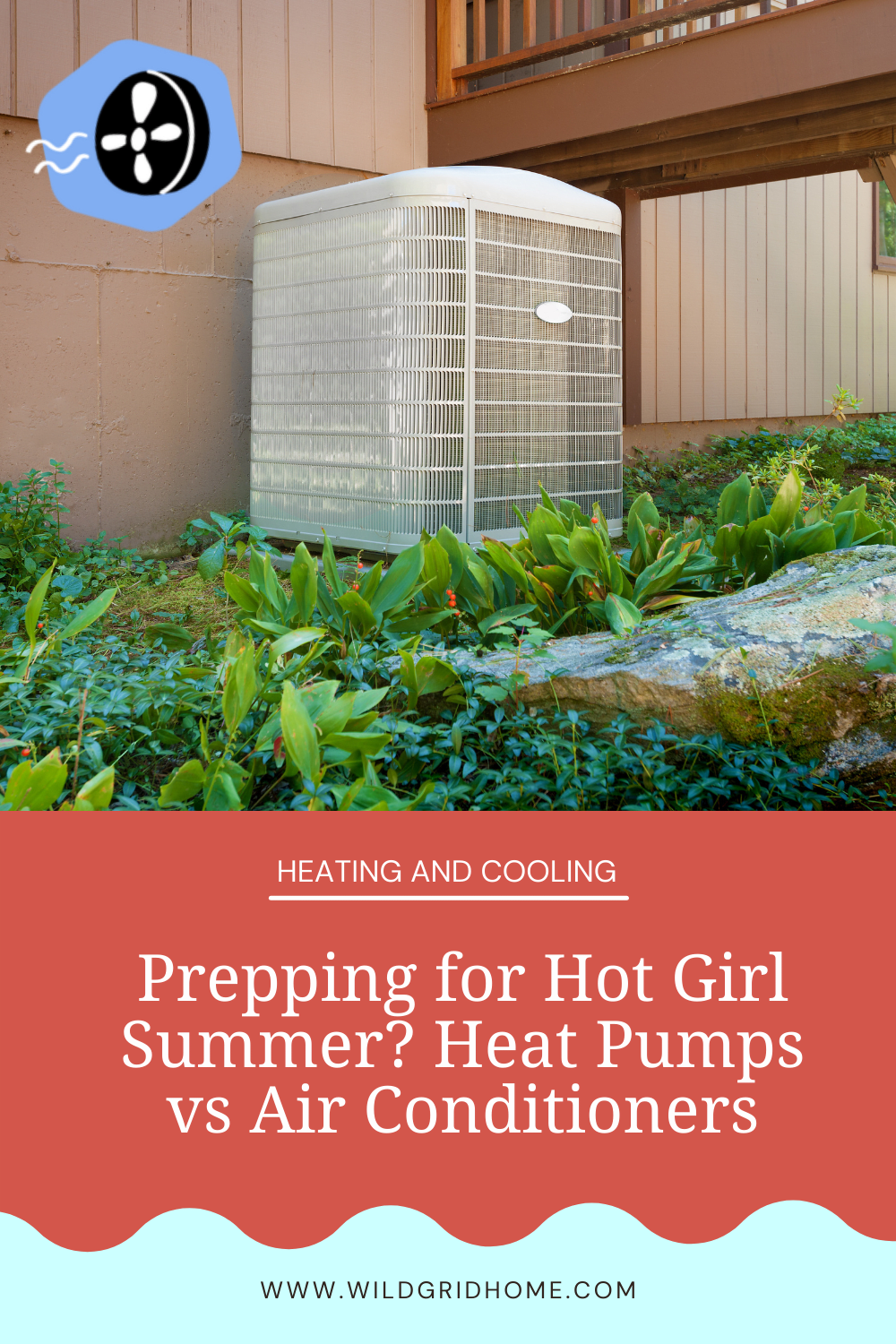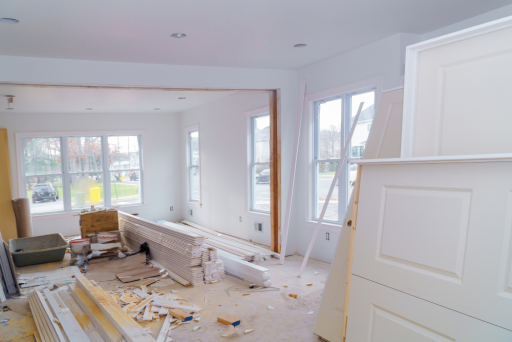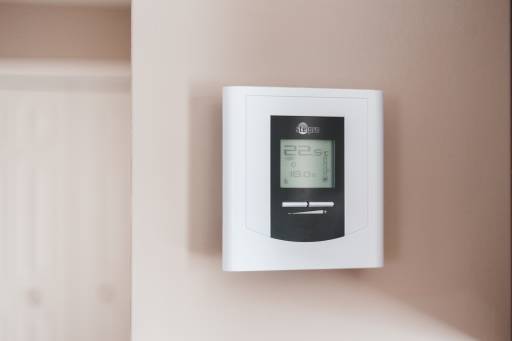3 Reasons Why Heat Pumps are Just So Superior to Air Conditioners
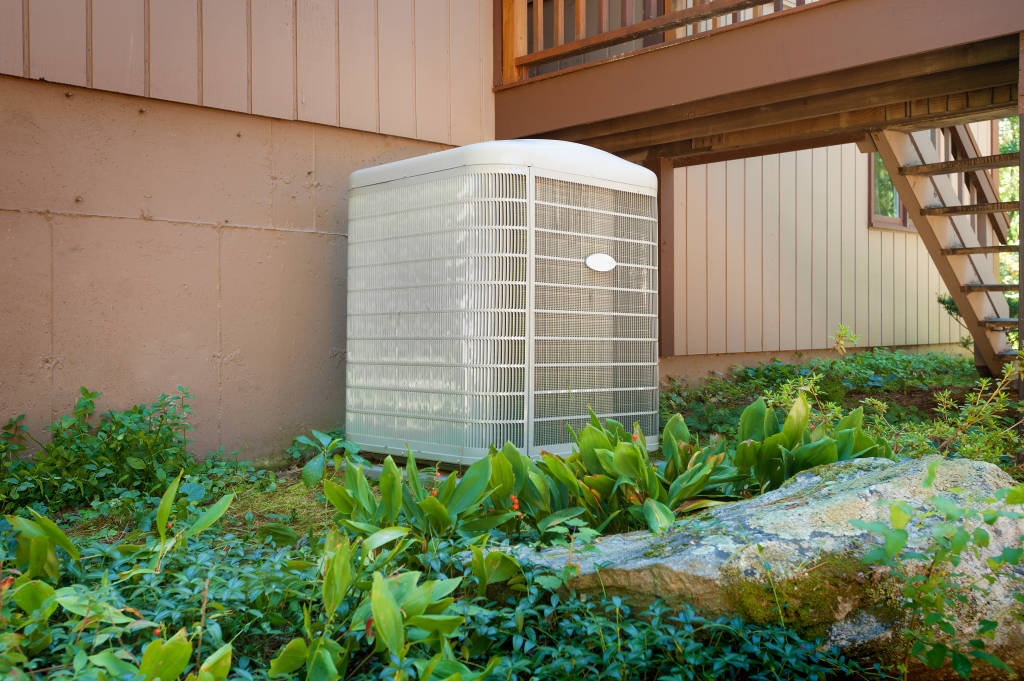
As summer approaches and temperatures rise, you might be getting ready to crank up the good ol’ AC. Or, you might be thinking about chucking your good ol’ AC for something newer and better. Like a heat pump.
“But heat pumps vs air conditioners… aren’t they… complete opposites?” 🤔
I know the name suggests otherwise, but heat pumps can actually do it all: heating and cooling. 🤯

Heat Pumps vs. Air Conditioners: The Basics
In terms of how they work, heat pumps and air conditioners are very similar. In fact, a heat pump in cooling mode functions in the exact same way as an air conditioner.
You can read more about the specifics here, but this is the gist of it:
Both heat pumps and ACs move a chemical called a “refrigerant” through a “refrigeration cycle”, and the refrigerant’s special properties allow it to transfer thermal energy from one place to another during that process.
So, during the summer months, heat pumps and ACs can capture thermal energy from the air in your house and transfer it to the air outside, leaving you cool and comfortable. The only thing a heat pump/AC needs to get all that done is electricity. ⚡ 🔌
The main difference between heat pumps and ACs is that heat pumps can reverse the direction of the refrigeration cycle. This allows them to transfer thermal energy gathered from the outside air into your house.
Refrigerants can capture that energy even when it’s super cold out, which means: drumroll please… they can heat your home during the winter. ❄️
That’s right. A heat pump is a two-in-one air conditioner and heater.
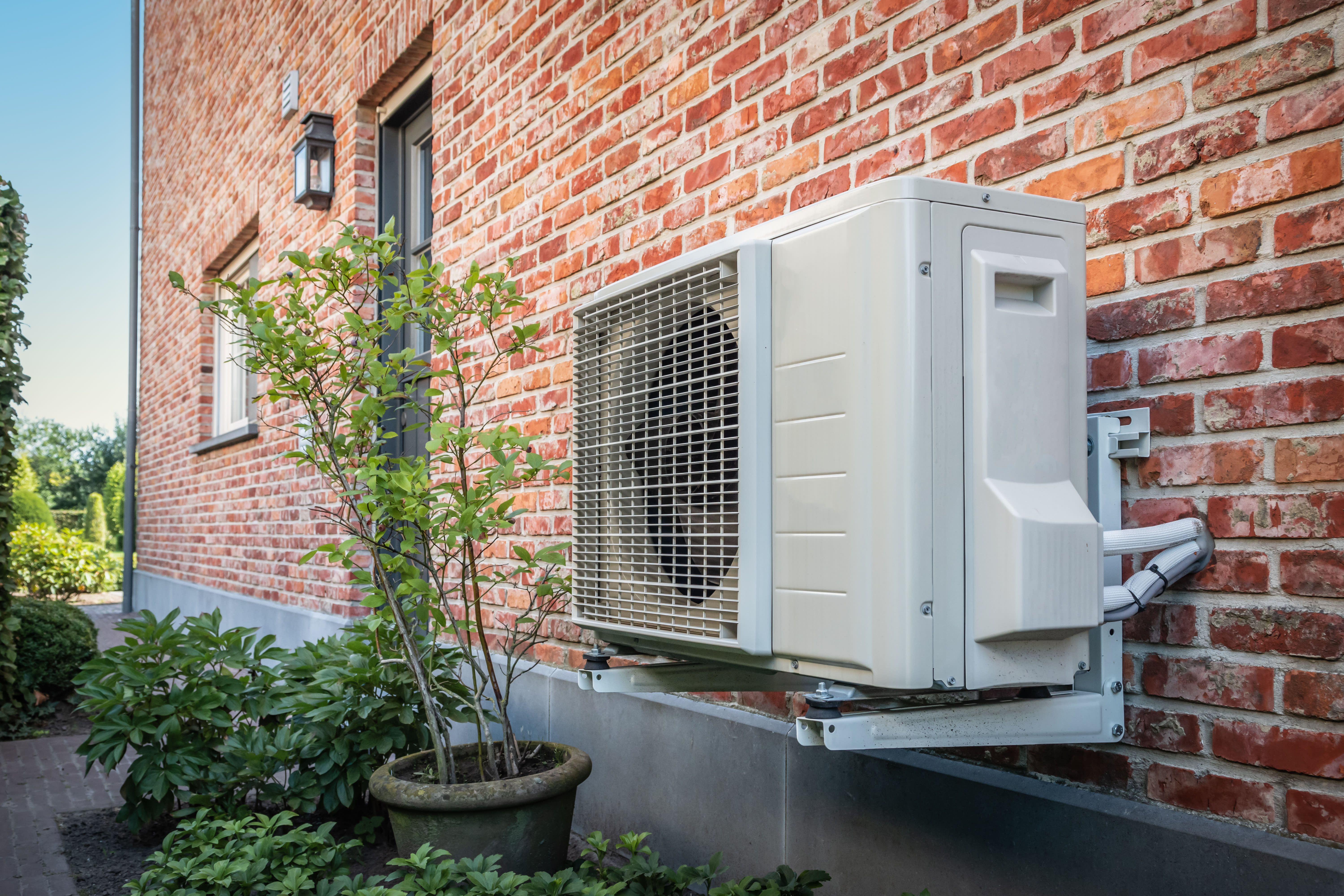
Okay, but are ACs better than heat pumps at cooling?
Fair question. After all, two-in-one shampoo and conditioner is garbage. You have every right to be skeptical.
But when it comes to cooling, heat pumps vs ACs is actually a tied game: heat pumps in cooling mode are just as effective as air conditioners.
Before they hit the market, both heat pumps and air conditioners are tested and given a SEER rating, which stands for a “Seasonal Energy Efficiency Ratio.”
This number tells you how efficient a heat pump/air conditioner is at cooling down your home. You can read more about the nitty gritty of how it’s calculated here, but the essential point is this: the higher the SEER, the more efficient the appliance is when it is being used to transfer heat out of the air in your home.
A heat pump in cooling mode is just as good as a standard air conditioner with the same SEER rating.
In fact, heat pumps tend to need less electricity to cool your home than air conditioners do, because they are better dehumidifiers. This means that heat pumps have higher SEER scores in general, and are even better at air conditioning than OG air conditioners.
How embarrassing. 🙈
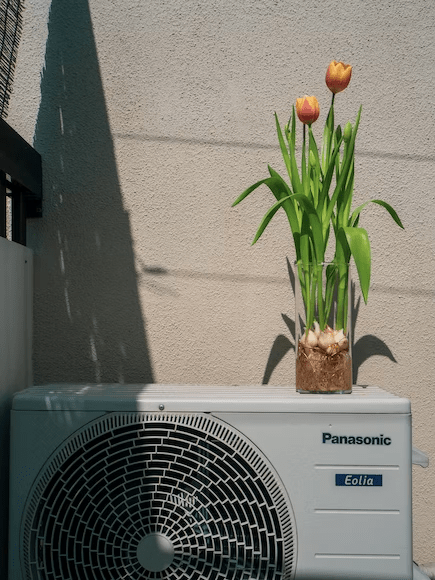
Well, does an AC cost less than a heat pump?
Not really. Better energy efficiency and dual heating and cooling capabilities are not necessarily free bonuses, and high end heat pumps are definitely more expensive than high end ACs; however, the price of a standard heat pump is pretty comparable to that of a traditional air conditioner. 💰
Central air conditioners usually cost between $3800 and $7500. Window air conditioners can be as little as $150, though they tend to be noisier and less effective than other options. If you’re getting a new furnace at the same time as your new AC unit, the cost of the whole system will likely be between $5000 and $12,000.
Most online sources will claim that when considering heat pumps vs ACs, ACs will always win out in the cost category. This might be because geothermal models can be as much as $36,000, but the majority of homeowners opt for air-source heat pumps.
Cost wise, air source heat pumps tend to fall in the $3300 and $8000 range, including installation. In other words, about the same as a new air conditioner. Mini-splits, or ductless heat pumps, can be even less expensive: only $1500-$5000 all in (though that is per indoor unit, so your total cost can add up pretty quickly).
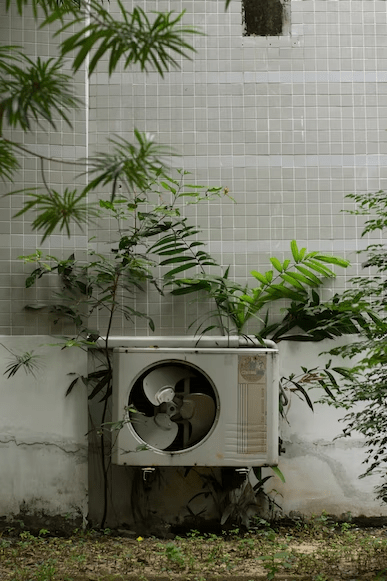
If you intend to use your heat pump primarily as an air conditioner, the models on the lower end of the heat-pump-price-range will, in all likelihood, be more than sufficient to meet your needs.
If your whole HVAC system needs replacing, remember that heat pumps are the whole kit and caboodle: heating and cooling. That means buying and installing a heat pump can actually do less damage to your wallet than a new AC/natural gas furnace combo.
These price estimates do not even take into account government incentives and rebates available to people who choose to install heat pumps, which exist because they are the healthiest, greenest HVAC option out there! 💪 🌎
They also don’t take into account the money not spent on energy bills over the heat pump’s lifespan. Heat pumps last 15 years on average, but because of how much you save in energy bills each month, you can recoup their initial cost in 8 years or less. The next 7+ years are all savings. 💸💸💸
Wow! Why would I ever pick an AC over a heat pump??
No idea.
To be fair, AC units do tend to last longer than heat pumps because they are in use year round instead of just when it’s hot. A natural gas furnace/AC combo will accordingly last about twice as long as a heat pump.
So, you’ll have twice as much time to miss out on all of the perks that come with having a heat pump: the savings, the health benefits of not burning fossil fuels in your home, the decreased risk of a gas leak or explosion, the ease of maintenance, the peace of mind that comes with knowing that your HVAC system is the most climate-friendly option available. Who wants all that anyways? 🤷♀️
Thinking of getting a heat pump? Awesome - Wildgrid can help! Also, be sure to keep learning more with us through our weekly newsletter:
